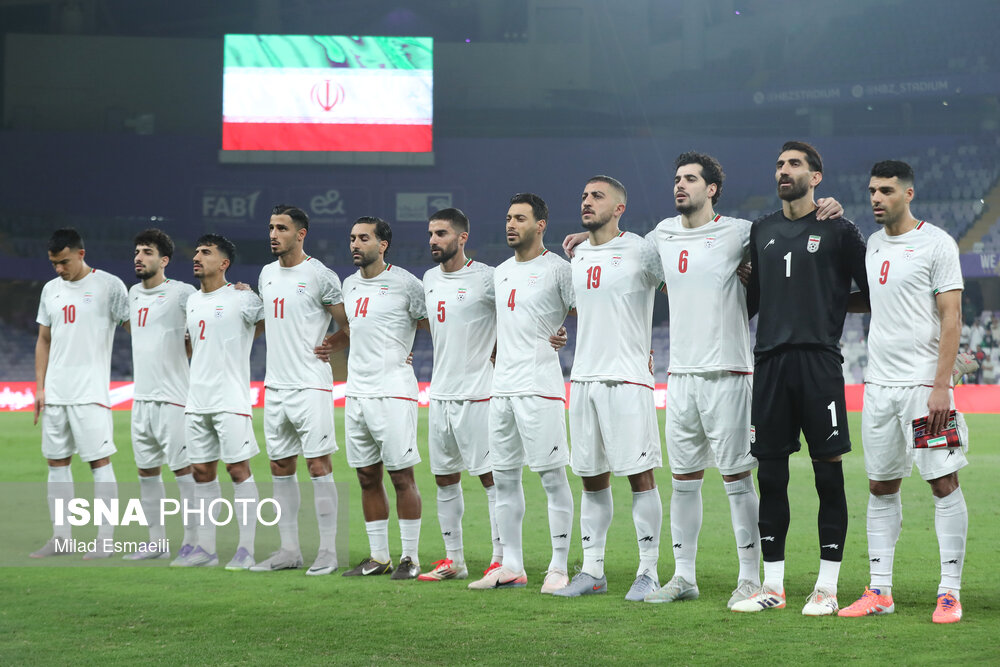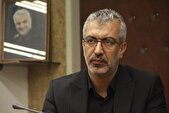I gave birth as Gaza burned. What world will greet our next child?
I gave birth as Gaza burned. What world will greet our next child?

On 9 October 2023, in my seventh month of pregnancy, I was displaced from my home in Gaza’s Tuffah neighbourhood to my father’s house in Shujaiya.
At the time, I was suffering from biliary colic, a condition causing severe abdominal pain. As the pain persisted for several days, I travelled with my husband and my parents to the local hospital.
The facility was overcrowded with injured patients and martyrs. The smell of death filled the air, increasing my sense of horror.
A doctor who examined my foetus said the pain was triggered by my body’s reaction to fear and stress, amid Israel’s constant shelling of Gaza. She advised me to try to remain calm.
The next day, however, the Israeli army ordered more than 1 million civilians in Gaza to relocate from the north to the south. Although we had no shelter in the south, we decided to flee in search of safety. We left behind our home, our belongings, and the new clothes I had prepared for our unborn child.
After walking for a kilometre, we hitched a ride on a truck heading south and travelled to al-Zahra in central Gaza. From there, we walked several more kilometres to the Deir al-Balah area, where some of my extended family had fled. In my seventh month of pregnancy, I should not have been walking such distances, but I had no choice.
The next month, in November 2023, the road between northern and southern Gaza was closed, preventing my husband from returning to see his family, who had remained in the north. He later told me about his deep fear and anxiety for them, although he did not regret fleeing our home; he was afraid that if we stayed, our unborn baby would suffer.
We continued our journey south, eventually reaching Rafah.
Joy and pain
It was 10pm (8pm GMT) on a December night when the childbirth pain came. Sitting in a tent for displaced people in the backyard of a school alongside my husband, I felt chills as the agony of labour began.
My mother said we should call an ambulance, and my husband tried, but there was no cellular signal; Israel’s attacks had plunged Gaza into a communications blackout.
Follow Middle East Eye's live coverage of the Israel-Palestine war
My brother and my husband travelled on foot to al-Helal hospital to fetch an ambulance, which soon came to pick me up. As the ambulance sped to a hospital in Nuseirat, Israeli forces bombed a street in front of us, and I fell out of my bed. I worried about how this could affect our baby’s health.
Inside the hospital, there were bodies everywhere, and the sound of shelling did not stop.
At 12.30am on 16 December 2023, my son Rakan was born. It was a joyful moment, but also a painful one. As my baby came into the world that day, other families lost their children. I also worried about how I would feed, clothe and care for Rakan under such horrific circumstances.
Israeli forces dropped leaflets warning residents to flee once again to southern Gaza. We left, hoping to find a safe place for Rakan, but nowhere is safe in Gaza
For a month afterwards, we stayed with family in Deir al-Balah, in a crowded two-storey home sheltering 68 people. We later returned to the displacement camp.
Then, in January 2025, Israel and Hamas agreed to a ceasefire in Gaza. Returning to the north, we found our home partially destroyed, but we were able to settle into one room. Life was a bit better than it had been in the tent camp.
But the ceasefire lasted only a couple of months before Israel unilaterally broke it in March.
In early April, Israeli forces dropped leaflets warning residents to flee once again to southern Gaza. We left, hoping to find a safe place for Rakan, but nowhere is safe in Gaza.
I also discovered around this time that I was pregnant with my second child.
Home erased
Within weeks of being displaced once again, I received news that the Israeli army had totally destroyed our home in Tuffah, while erasing our entire neighbourhood. I was devastated.
In the meantime, amid Israel’s suffocating siege of Gaza, diaper prices skyrocketed, and I had to teach my one-year-old child to use the bathroom. A single diaper cost $6, and my husband could not afford it.
The bathrooms in the school where we were staying were dirty, so my husband and I had to give Rakan a jar of water and sand to clean up after himself.
Soon, famine had spread across Gaza. I ate one meal a day and took vitamin supplements. My weight dropped, and Rakan suffered from malnutrition amid the lack of food and baby formula.
Rakan recently fell ill, with a high temperature and severe chest infection. I stayed with him in the hospital for two days, remaining awake all night to care for him. Seven other children and their mothers, who all stayed awake on chairs throughout the night, were in the room with us.
I returned home exhausted. A week later, I experienced severe pain from my second pregnancy. I did not even want the child anymore, knowing I would be bringing it into a world of suffering. But amid the lack of health services in Gaza, I had no alternatives.
I expect to give birth to my second child in December, the same month Rakan was born. My body is decimated, having consumed no protein throughout most of the pregnancy.
Despite the ceasefire, we are still displaced, living in a tent and cooking over a fire. We cannot afford food. I am 25, but I feel twice my age. Our family deserves the same things as any other family in the world: calm, safety and stability.
But I do not know what our future holds.
The views expressed in this article belong to the author and do not necessarily reflect the editorial policy of Middle East Eye.










